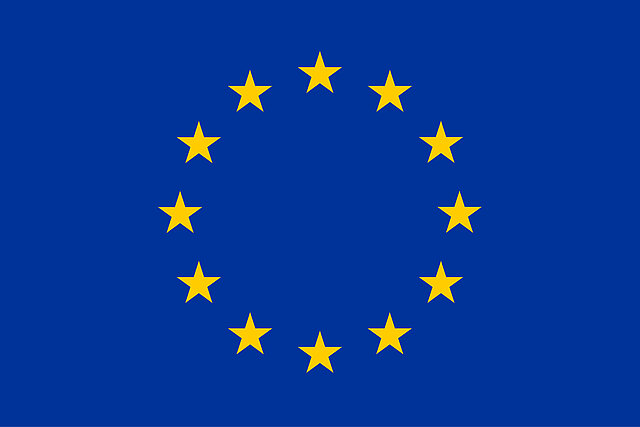APPROVE (IF)
Autistic Perception and the Predictive Role of Visual Experience


What is your project about and what are the goals of your research?
Localizing stimuli in our environment is crucial for virtually all motor, perceptual and cognitive tasks. The brain is constantly confronted with a wealth of sensory information that must be processed efficiently to facilitate appropriate reactions. One way of improving processing efficiency is to predict incoming sensory information based on previous experience. However, the way in which prior experiences and current sensory inputs are combined vary between individuals. The project will be based on state-of-the-art eye-tracking experiments driven by recent theoretical developments in autism spectrum disorder (ASD) research.
The project will provide a new theoretical framework within which to conceptualize the role of priors and predictions in visual behaviour in normal and pathological eye-movement development that will set the basis for new insights into the link between potential early visual behaviour vulnerability in childhood and the subsequent onset of socio-communicative difficulties and behavioural stereotypes in adulthood.
How did the project idea arise?
My supervisor Prof. Eckart Zimmermann and myself developed the idea together. We are both very interested in the way visual stimuli are processed in an efficient way so as to get a stable and reliable representation of the visual world we are experiencing. We were able to combine my interest in autistic visual perception with his wide expertise on eye-movements. “The autistic world” can be quite different from ours, and right now little is known on how socio-communicative difficulties and behavioural stereotypes in adulthood arise from childhood. I think with this project we can lay the groundwork for a future understanding of how people on the spectrum perceive the world.
Why did you decide to apply for a Marie-Curie grant and why now?
Winning a such a prestigious grant was something I have always wanted to achieve as soon as I started my career as a scientist. Prof. Eckart Zimmermann in collaboration with my previous supervisor Prof. David Burr, both ERC grant winners, urged me to try and find my very personal project, something I believed in, and I happily did.
During the pandemic, Prof. Zimmermann encouraged me to participate in an online preparation course at HHU on how to write a successful Marie-Curie proposal, and it was very successful indeed!
What do you recommend researchers who are interested in applying for research funding?
One of the benefits of a Marie Curie fellowship, like many other early career research funding programmes, is that it allows you to pick your own topic and choose the people you want to work with. A true exchange with the host institution is key. If you think there is a team you would really love to work with, then a Marie Curie fellowship is an excellent way to do it. The perfect balance is rare, but I think one should, among others, consider the following things: (1) the appropriate fit between the supervisor, the institution, and your project; (2) the distinctive contribution that you can provide to the institution; (3) the terms of employment that the host institution can offer you (office space, facilities, research funds, etc.). Once you have settled on a project and on a partner university, write a first draft in advance and share it with as many people as you can find, giving you time to review all the comments. But most of all, don’t be discouraged by all the pages and spaces you need to fill in for your application. Things will get easier once you start and don’t get discouraged if your colleagues don’t win a grant: every project and every person is different! If you don’t succeed the first time, then try a second time taking advantage of the comments you received from the reviewers. Then, finger crossed and good luck!
| Laufzeit | 1. Oktober 2021 bis 30. September 2023 |
| Fördersumme HHU | EUR 162.806,40 |
| Fördersumme Gesamt | EUR 162.806,40 |
| Förderprogramm | MSCA-IF-2020 - Individual Fellowships |
This project has received funding from the European Union’s Horizon 2020 research and innovation programme under the Marie Sklodowska-Curie grant agreement No 101029574.

